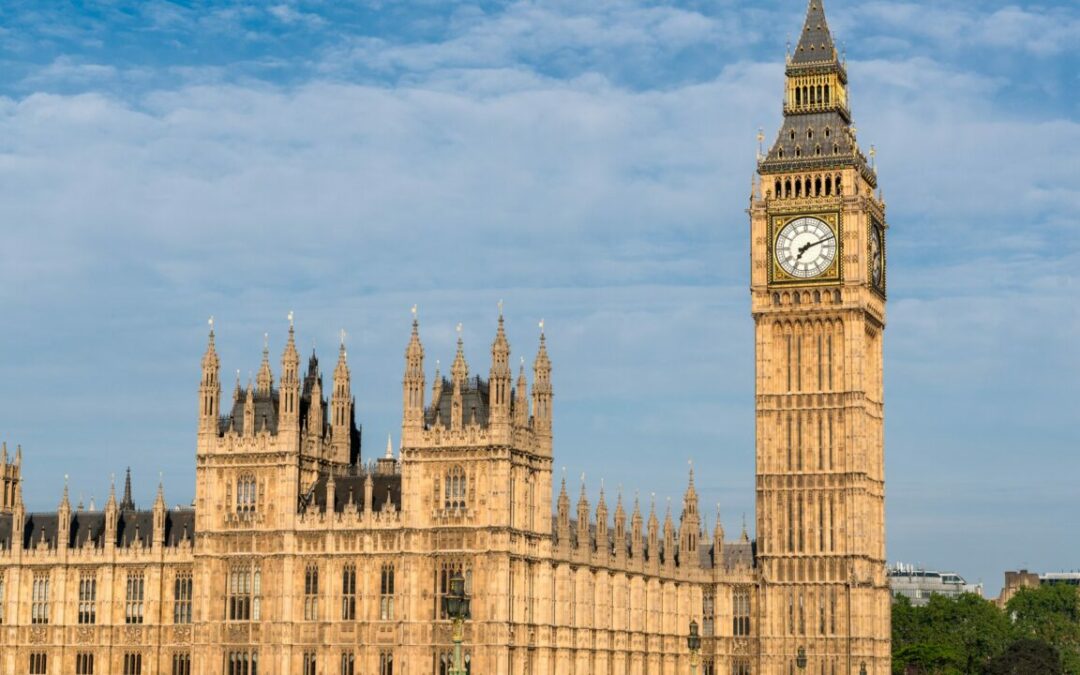Discover how your business can save on taxes this festive season with tips on the £150 tax exemption for Christmas parties, tax-free gifts, and National Insurance obligations.
With the festive season in full swing, many businesses have already celebrated with Christmas parties. But did you know there’s a £150 per-person annual tax exemption for such events? This article shares the best way to use this allowance and other tax-saving measures.
The £150 Tax Exemption for Christmas Parties
A business is exempt from taxable benefits if it spends up to £150 per employee each year on staff events. This includes the cost of hiring the venue, providing food and drinks, arranging entertainment or music, and providing transport for the event.
However, if the cost per head surpasses £150, a taxable benefit for the surplus will arise, reported on the employee’s P11D form. In addition, the employer must pay 13.8% Class 1A National Insurance on the benefits. To avoid this:
- Make sure the event is available to all staff.
- Spread costs with guests – event cost per employee reduced.
Planning within the limit keeps celebrations tax-efficient while avoiding unnecessary costs.
National Insurance and Reporting Obligations
If the costs of your event go over the £150 per head limit or the exemption requirements are not met, do the following:
- Report the costs on your employee’s P11D forms
- Cover the associated NI contributions.
Employers can use the PAYE settlement agreement to accomplish this, but staying within the exemption is often less difficult and costly.
Tax-Free Christmas Gifts
Moreover, you can give tax-free Christmas gifts. Under HMRC’s trivial benefits exemption, gifts up to £50 per person can be given without incurring tax if they are not:
- Cash or cash vouchers
- Not linked to performance or contractual obligations.
Employees could be taxed on gifts that exceed the threshold.
Save More This Christmas
Christmas is not only a season to be jolly, but also an opportunity to manage your taxes. Businesses can claim back expenses related to Christmas, so ensure you visit HMRC’s website to identify what qualifies first.
If you have any questions on this topic, please contact us.
Expenses and benefits: social functions and parties: Overview – GOV.UK
Tax on trivial benefits – GOV.UK
Visit our News Hub for the latest – News – Whittaker & Co (whittakerandco.com)
info@whittakerandco.com
+44 (0) 1686 610662






